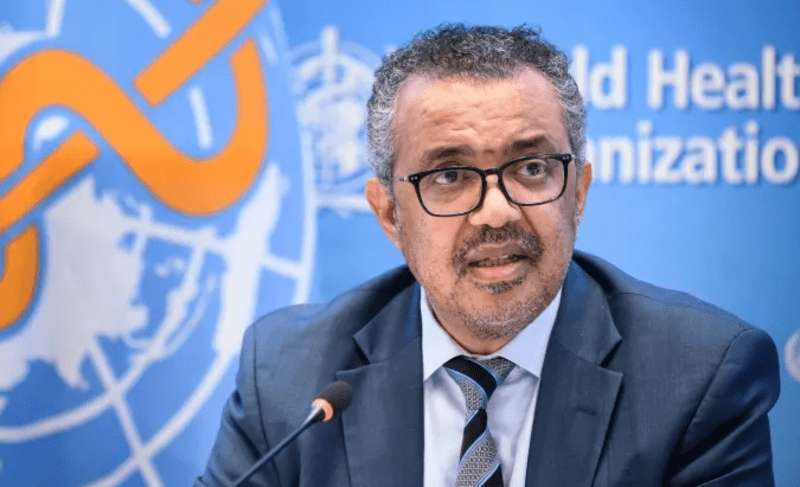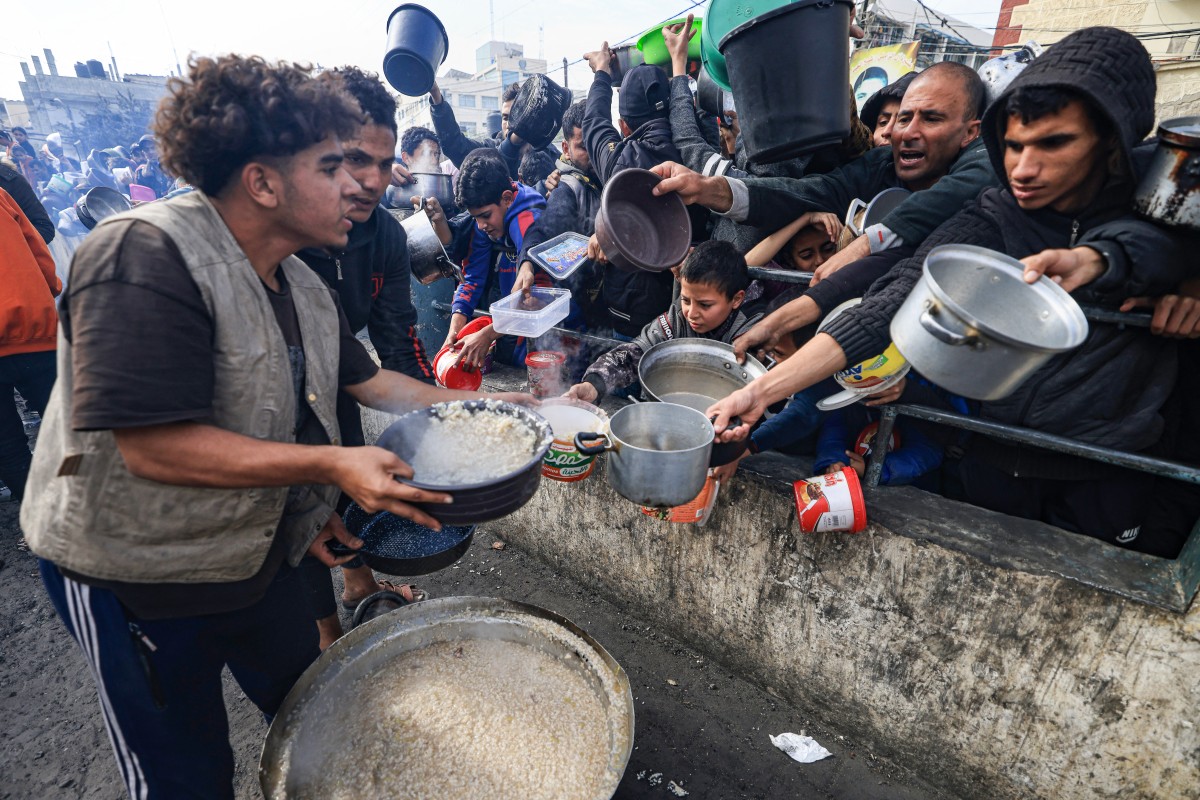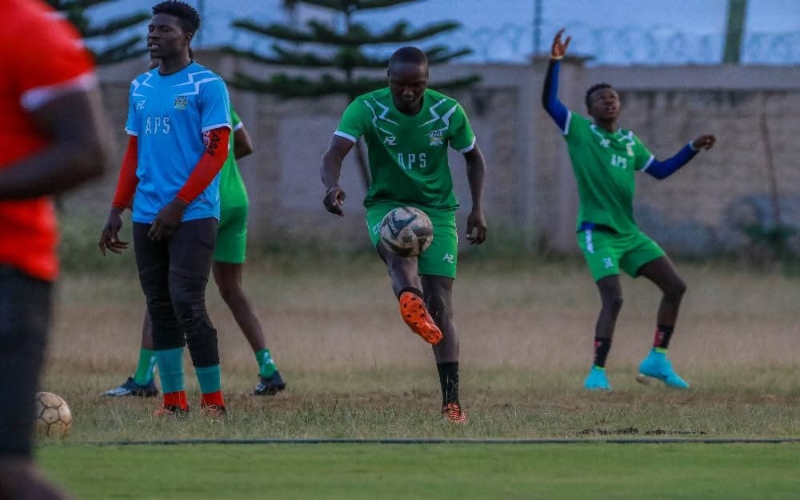Gaza humanitarian situation 'inhumane': WHO

Heavy fighting again rocked Gaza on Wednesday as aid agencies warned of looming famine.
The humanitarian situation in the Gaza Strip is inhumane, the head of the World Health Organization said Wednesday, calling the Palestinian territory a "death zone".
WHO chief Tedros Adhanom Ghebreyesus called for a ceasefire between Israel and Hamas and demanded unhindered access to international aid.
More To Read
- WHO warns of fake breast cancer drug in Africa, Middle East
- 139 nations back UN General Assembly call for Israel to respect UN sites, international law
- WHO review finds no link between childhood vaccines and autism
- Traditional medicine is now a global reality: WHO
- UN rejects Israel’s ‘yellow line’ plan, says Gaza border changes violate ceasefire
- WHO warns tobacco use threatens fertility in men, women
"The health and humanitarian situation in Gaza is inhumane and continues to deteriorate," Tedros told a media briefing.
"Gaza has become a death zone. Much of the territory has been destroyed," he added.
"What type of world do we live in when people cannot get food and water, or where people who cannot even walk are not able to receive care?
"What type of world do we live in when health workers are at risk of being bombed as they carry out their life-saving work?
"What type of world do we live in when hospitals must close because there is no more power or medicines to help save patients, and they are being targeted by military forces?"
 Palestinians collect food at a donation point in a refugee camp in Rafah in the southern Gaza Strip on December 23, 2023. (Photo by Mahmud HAMS / AFP)
Palestinians collect food at a donation point in a refugee camp in Rafah in the southern Gaza Strip on December 23, 2023. (Photo by Mahmud HAMS / AFP)
The war started on October 7. At least 29,313 people in Palestine, mostly women and children, have been killed, according to the latest count by the Gaza health ministry.
The war has also resulted in the deaths of about 1,160 people in Israel, mostly civilians, according to an AFP tally of Israeli figures.
"We need a ceasefire now. We need hostages to be released. We need the bombs to stop dropping and we need unfettered humanitarian access. Humanity must prevail," Tedros said.
Heavy fighting again rocked Gaza on Wednesday as aid agencies warned of looming famine and new talks were held in Cairo aimed at obtaining an Israel-Hamas ceasefire and hostage release deal.
"Severe malnutrition has shot up dramatically since the war started, from under one per cent to more than 15 per cent in some areas, putting more lives at risk," Tedros said.
"This figure will rise the longer the war goes on and supplies are interrupted. We note with apprehension that the World Food Programme cannot get into northern Gaza with supplies."
Story by AFP
Top Stories Today












































